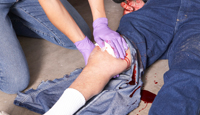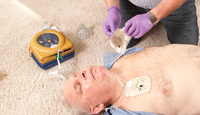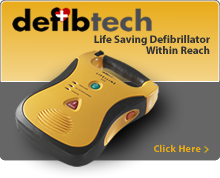


cpr@cprcpr.net
cpr@cprcpr.net
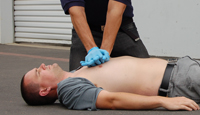







Frequently Asked
Questions on CPR
CPR Video
Is online CPR legal?
Is there a minimum age to get a CPR and First Aid certification in California?
Statistics on Car Accidents
in California
Workplace Accidents Statistics
Downward Trend in California Workplace Injuries and Accidents
OSHA Compliance for First Aid in the Workplace
Hands-Only CPR Does
Save Lives
Scene Safety
California
Training
Complete CPR/AED Course
2011-Cal Safety,California CPR Classes - All Rights Reserve - E-mail staff@Calsafety.com

1-888-722-7233
Cal Safety is a
Certified AED
Distributor
Certified AED
Distributor
FAQ
Cal Safety Training Center
California CPR Training,California CPR First Aid classes,California CPR class,California CPR certification,California First Aid.California CPR,California AED
Our EMT Instuctors have been teaching California CPR and First-Aid classes since 1989
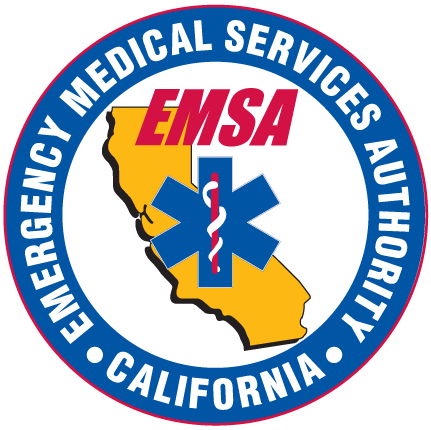

13% of workplace fatalities are from sudden cardiac arrest.
The likelihood of successful resuscitation decreases by about 10% with every minute that passes.
34% of those who have implemented an AED program have used their AED at least once in order to help save a life.
Sudden Cardiac Arrest kills more people than car wrecks, cancer, handguns, house fires and AIDS combined.
On an average day in the United States 1,000 adults die from Sudden Cardiac Arrest (SCA), a total of 350,000 per year. SCA is the result of an arrhythmia, where the electrical pulse of the heart goes out of control, causing the heart to quiver. Doctors donít understand why this happens, but they do know that shocking the fibrillating heart is the only effective treatment.
The American Heart Association estimates that 20,000 to 100,000 SCA deaths could be prevented each year if defibrillation was readily available. Electrical shock restores a heartbeat and circulation, but to survive neurologically intact, rescue must be swift.
Defibrillation within the first minute of sudden cardiac arrest can save the lives of up to 90% of its victims. However, with each minute of delay until defibrillation, the survival rate drops by 10% (American Heart Association)
Even the very best EMS systems experience delays from heavy traffic, secured buildings, gated communities, large building complexes and high-rises. In New York City, where emergency response teams fight extreme traffic, the average arrival time for emergency vehicles is about 12 minutes. The cardiac arrest survival rate there is less than 2 percent.
AED Facts
